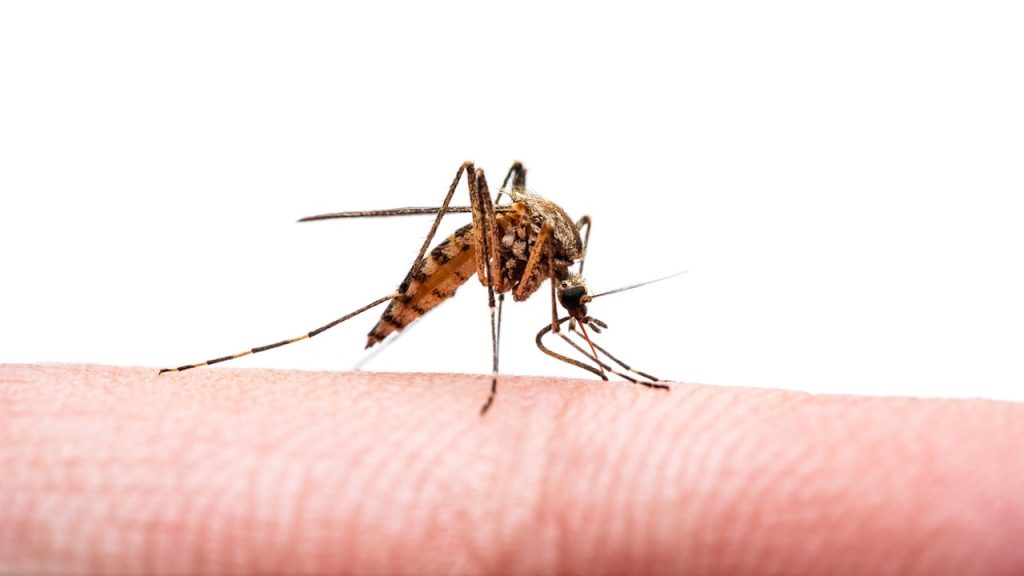Puerto Rico has declared an epidemic of dengue fever as the number of cases continues to increase in the U.S. territory. As of March 21, 2024, at least 549 cases have been reported, with more than 340 people hospitalized. Health Secretary Carlos Mellado López has emphasized the need for prevention efforts to stop the spread of the virus, calling for all components of society to join forces in this effort. In response to the outbreak, the Centers for Disease Control and Prevention (CDC) issued a Level 1 travel warning to American travelers going abroad, as several countries have reported increased numbers of dengue cases.
The CDC listed several countries that have reported an increase in dengue cases, which include Argentina, Brazil, Colombia, Costa Rica, and more. Due to the virus being spread by mosquito bites, travelers to these risk areas are advised to take precautions such as using mosquito repellent, wearing protective clothing, and staying in insecticide-treated accommodations. Symptoms of dengue fever can include severe headaches, fever, vomiting, and a rash, with the potential for more severe cases leading to plasma leakage and death. While most infected people do not experience symptoms, it is crucial to take preventive measures to avoid contracting the virus.
The Department of Health in Puerto Rico has observed a 140% increase in dengue cases compared to the same period last year, prompting the declaration of an epidemic. Health Secretary Mellado López has been closely monitoring the situation and stressing the importance of preventive measures to control the spread of the virus. The increase in cases has led to a Level 1 travel warning being issued by the CDC for American travelers visiting countries with high dengue fever rates. By taking precautions like using insect repellent and wearing protective clothing, travelers can reduce their risk of being infected with dengue fever.
As the number of dengue fever cases continues to rise in Puerto Rico, the local government and health officials are working together to address the epidemic. Public awareness campaigns, preventative measures, and monitoring of cases are all part of the response to control the spread of the virus. By educating the public on how to prevent mosquito bites and recognize the symptoms of dengue fever, authorities hope to reduce the number of cases and hospitalizations related to the virus. Efforts are also being made to ensure that travelers to risk areas are informed about the necessary precautions to take to protect themselves from dengue fever.
The increase in dengue cases in Puerto Rico has prompted a call for a collective effort from all sectors of society to prevent the spread of the virus. Health Secretary Mellado López emphasized the need for collaboration in implementing preventive measures to reduce the impact of dengue fever on the population. With the support of government agencies, healthcare professionals, and the public, it is hoped that the epidemic can be brought under control and the number of cases will decrease. By working together to address the outbreak, Puerto Rico can protect its residents and visitors from the potentially serious consequences of dengue fever.
In response to the dengue fever epidemic in Puerto Rico and other countries, the CDC has issued recommendations for travelers to take precautions to avoid mosquito bites and reduce the risk of infection. By using insect repellent, wearing protective clothing, and staying in screened or air-conditioned accommodations, travelers can minimize their chances of contracting the virus. The symptoms of dengue fever can be severe and even life-threatening in some cases, underscoring the importance of prevention measures. Through awareness, education, and proactive steps, individuals can protect themselves and others from dengue fever and help prevent further spread of the virus.


